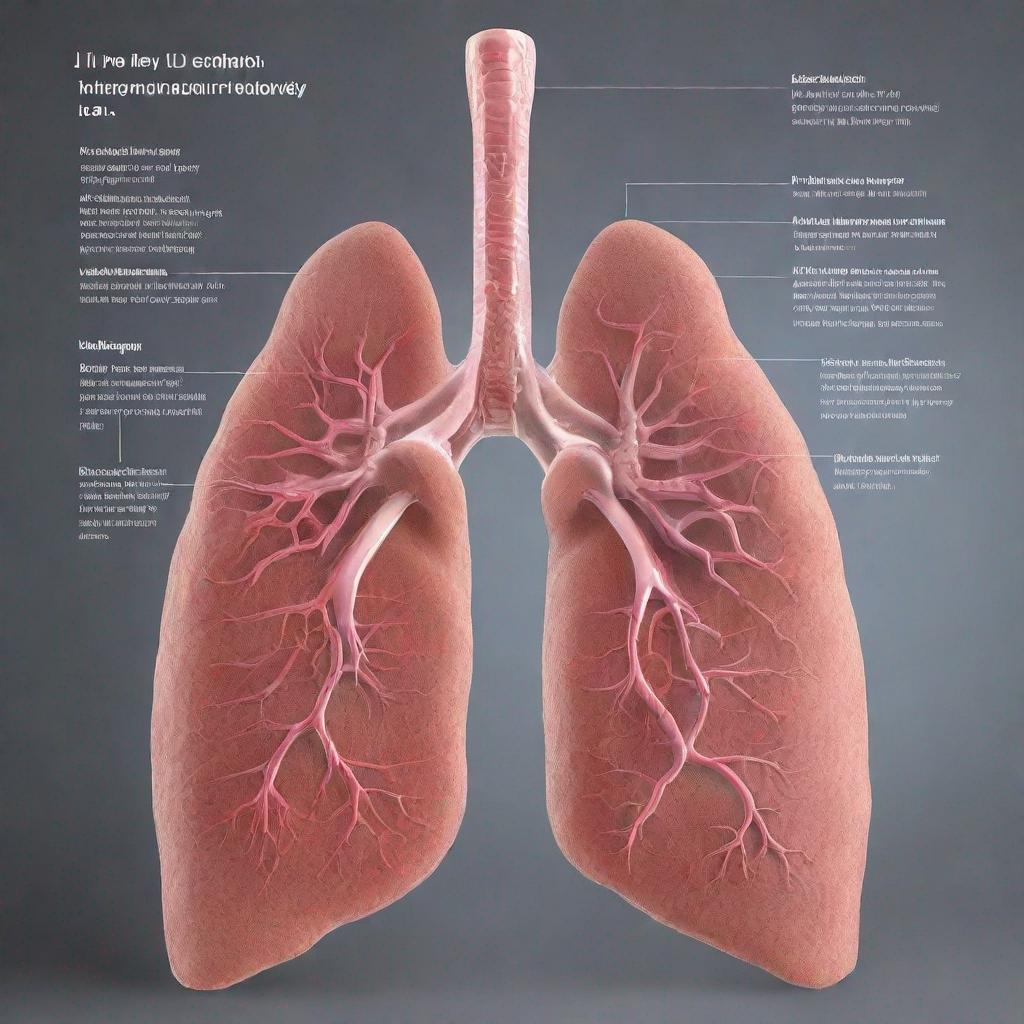“`html
Testosterone Test: A Comprehensive Guide for Patients
Synonyms:
- Testosterone, T
- Androgen
Introduction
The testosterone test is a vital diagnostic tool used to evaluate levels of testosterone, a hormone primarily produced by the testes in men and ovaries in women. Testosterone plays a crucial role in regulating various physical and reproductive functions in both sexes. Abnormalities in testosterone levels can indicate underlying health conditions requiring medical attention.
Test Overview
The testosterone test measures the amount of testosterone present in the blood. It is commonly used to diagnose and manage conditions related to testosterone deficiency or excess, such as:
- Hypogonadism: A condition characterized by low testosterone production.
- Testosterone Deficiency: A condition where testosterone levels fall below normal.
- Androgen Insensitivity Syndrome: A rare condition where the body does not respond properly to testosterone.
Conditions and Diseases Detected
The testosterone test can aid in the diagnosis of several conditions and diseases:
- Prostate Cancer: Elevated testosterone levels can sometimes be associated with prostate cancer.
- Gynecomastia: A condition where men develop enlarged breasts due to hormonal imbalances.
- Polycystic Ovary Syndrome (PCOS): A hormonal disorder in women characterized by irregular periods, cysts on the ovaries, and elevated androgen levels, including testosterone.
Symptoms
Abnormal testosterone levels can manifest in various symptoms:
- Low Libido: Decreased sexual desire.
- Erectile Dysfunction: Difficulty achieving or maintaining an erection.
- Fatigue: Prolonged tiredness and lack of energy.
- Muscle Loss: Loss of muscle mass and strength.
- Mood Changes: Irritability, depression, or anxiety.
- Infertility: Difficulty conceiving a child.
- Acne: Excessive breakouts on the face, back, or chest.
- Hirsutism: Excessive hair growth in women.
- Balding: Hair loss in men.
Preparation Guidelines
Typically, the testosterone test does not require any special preparation. However, your healthcare provider may advise fasting for a certain period before the blood sample is taken.
Procedure
The testosterone test involves a simple blood draw from a vein in your arm. The procedure is quick and painless, lasting only a few minutes.
Duration and Waiting Time
The blood draw usually takes less than 5 minutes. The results may be available within a few days or longer, depending on the laboratory.
Additional Tests
In some cases, your healthcare provider may also recommend additional tests to assess testosterone production, such as:
- Luteinizing Hormone (LH) Test: Measures LH levels, which stimulate testosterone production.
- Follicle-Stimulating Hormone (FSH) Test: Measures FSH levels, which stimulate egg production in women and sperm production in men.
- Gonadotropin-Releasing Hormone (GnRH) Test: Stimulates the pituitary gland to release LH and FSH.
Conclusion
The testosterone test is a valuable tool in diagnosing and managing conditions related to testosterone levels. It can provide insightful information about your overall health and help guide appropriate treatment options. If you experience any of the symptoms associated with testosterone abnormalities, it is crucial to consult with your healthcare provider to determine if this test is right for you. By working together, you can achieve optimal health and well-being.
“`




